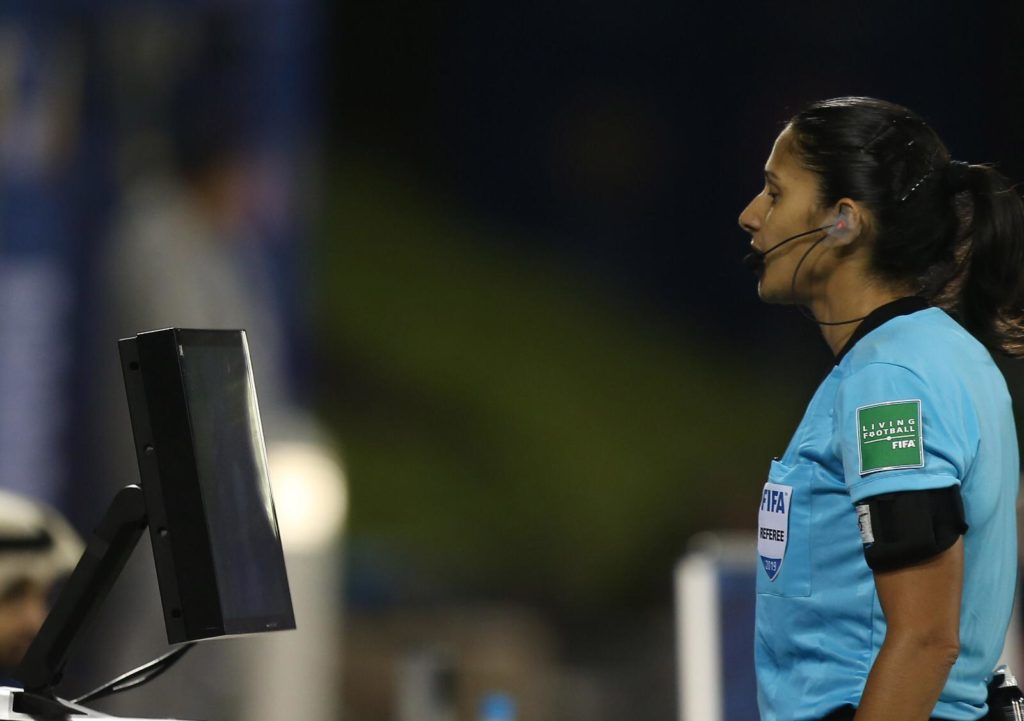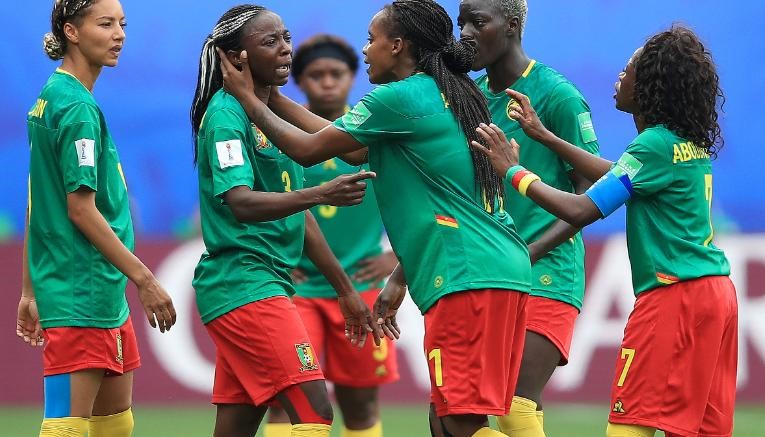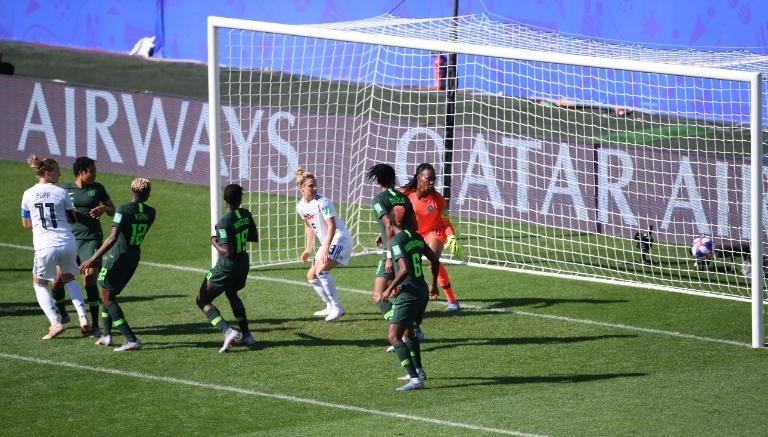
Is there a search for perfection in football? Is football broken? These are many thoughts that run through my mind with the introduction of technology to football. Perhaps it is the great Greek philosopher Heraclitus quote, “Change is the only constant in life” that FIFA and other football governing bodies have taken their clue from in embracing a new change in the game. However, the current teething challenges being experienced in the use of VAR has thrown up many debates which includes the call for it to be ditched.
At the ongoing FIFA Women World Cup, the VAR has been the center of several controversial moments at the tournament. It has overshadowed the phenomenal football we have witnessed in France in the past 16 days. The application of VAR has been a big problem; as the short term problems continue, the debate on whether or not VAR is working is leading the headlines in major topical discuss in footballing circles. In addition, the new rule and its implementation on how goalkeepers are now told that they cannot dive an inch of their line has made saving penalty a tougher task.
The controversies dominated the group stages of tournament and VAR continued to take center stage in the knockout phase. Germany’s last-16 victory over Nigeria and England’s victory over Cameroon on Sunday are the latest matches with huge VAR uproar.
Cameroon players staged a series of extraordinary on-field protests over VAR decisions in their round of 16 clash against England in Valenciennes. The Cameroonians confronted referee Qin Lang at Stade du Hainaut just before half time to protest Ellen White’s goal – a flag was up for offside but after consulting VAR, which showed White was onside, the referee awarded the goal. It enraged Cameroon’s players, who clustered around her and refused to restart the match for several minutes but were persuaded to carry on by Coach Alain Djeumfa. Their anger increased soon after the break when Ajara Nchout thought she had reduced the deficit by half with a smart finish from a left-wing cross, only to see it ruled out by VAR for a marginal offside decision. Nchout was left in floods of tears, comforted by Djeumfa and teammates, with another long delay before the match was restarted. England might have added to its tally but the Chinese referee opting not award a penalty after coming to review a possible foul on Fran Kirby in the box by Ysis Sonkeng, thereby avoiding the further wrath of the Cameroon player. There was still time for one more unsavory incident as England Captain Steph Houghton was fouled by Alexandra Takounda Engolo, the hefty challenge earning a yellow card, which might have been a red, after a further consultation with VAR. The incidents during the match left a sour taste to the game.

Twenty four hours earlier, the Super Falcons of Nigeria left Grenoble pitch with a feeling of injustice following the outcome of VAR review for Germany’s opener. With the score 0-0 in the first half, Svenja Huth was standing a few yards from Chiamaka Nnadozie and was blocking the goalkeeper’s view at the time Alexandra Popp with the freedom of the city to head home Germany’s first goal.
Why was there so much rage/discuss/disagreement about Huth positioning herself a few yards from Nigeria’s goalkeeper? It was adjudged that she was in an offside position but deemed not to be interfering with play. The interpretation of that rule has not gone down well with many commentators including Manchester United women’s manager – Casey Stoney working for BBC as a pundit in Grenoble queried the officials’ decision to allow the goal after review. “How can she not be interfering when she is stood, offside, two yards in front of the goalkeeper, blocking her vision? It has to be offside!” she said. It was not the first time in this tournament such a goal had been allowed to stand. Last week both Australia’s Sam Kerr and the US’ Carli Lloyd were deemed not to be interfering with play when in offside positions, resulting in crucial goals being given as valid goals.
The controversial refereeing decision over the weekend has been the interpretation of the offside rule while last week, it was penalties with Nigeria and Scotland’s goalkeepers penalized by VAR after they were adjudged to have had stepped off their line before the ball was kicked during a penalty.
The debates are growing in numbers; it’s not just at the FIFA Women World Cup but across the globe in other football competitions and tournaments including the 2019 UEFA Champions League final which has led to calls for an alternative to VAR and its interpretation or return to the old order. Last Friday, the FIFA referee department chairman – Pierluigi Collina had to defend the overall performance of referees at the ongoing Women’s World Cup. Women’s football has made major progress in recent years. Standards have improved, investment has increased, and more eyes are on it than ever but for many involved in the game, the standard of refereeing hasn’t. Now, more than ever is the time for Collina, Kari Seitz and others to ensure that officiating in the women’s game hits the height the play has gotten.

On a personal note, I am a strong advocate of VAR and other technological advancement in improving the game, however, my strong objection is the inconsistency in interpretation by different referees. It has to be acknowledged that VAR isn’t working perfectly but it is a welcome dimension to the game as it is assisting officials in covering all bases and grey areas missed in real time.
Please share your views in the comment box beneath and do not forget to visit our Sports shop Babaijebu.ng for mouthwatering offers in the 2019 FIFA Women World Cup.